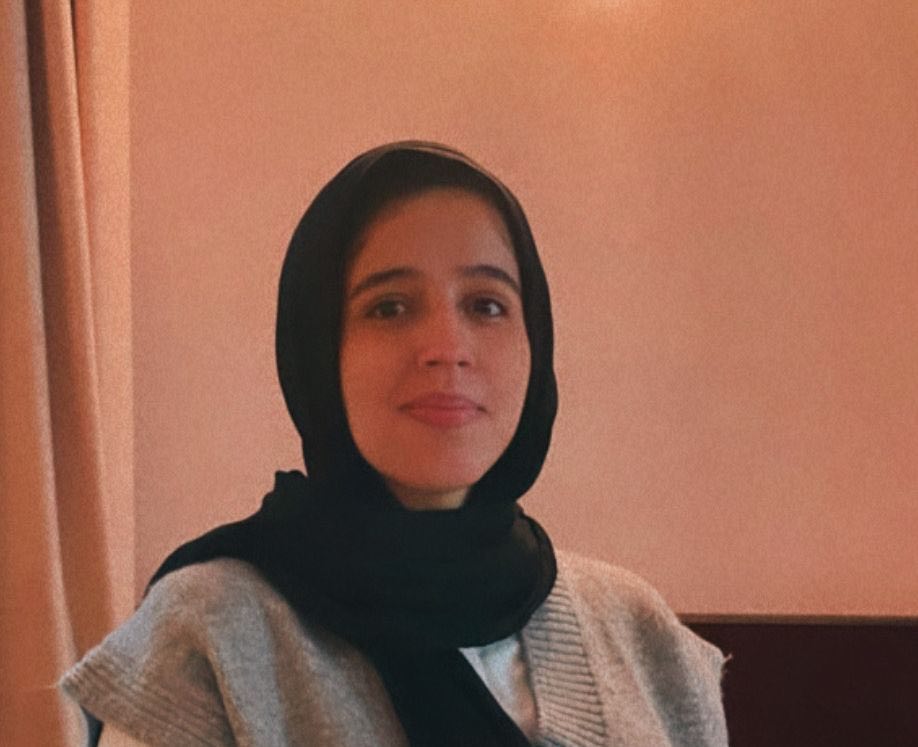
Source: Pexels
One of the least discussed topics, I believe, in our time today is adult friendships. Especially concerning the challenges and issues that could arise after a while. As you get older, the idea of having many friends turns into a more private and closed circle of people. Slowly, you begin to see adult friendships from different perspectives; you gain a few and lose many as you go.
My idea of friendships was shaped by friends I made in school. Since primary school, I had almost the same friends up to high school. Entering university while in Libya was an excellent opportunity to explore how to make friends outside of my school circle. I also wanted to learn how to make friends in the real world, away from the same environment I grew up in.
Thanks to how open and spontaneous I was, I quickly made friends at university. Most importantly, interacting with people from different backgrounds and personalities allowed me to differentiate the levels of friendships I made. It enabled me to categorize the levels of connections I made with people. Moreover, it helped me realize that not all were or deserved to be called friends.
You slowly understand that it is about quality, not quantity. Ultimately, I only have two close friends from those times to this day, and I genuinely cherish them regardless of distance. However, I faced different challenges in making friends when I left Libya. I left home open to making new friends. However, I was also realistic that many of those friendships wouldn’t last, and that’s okay!
Realistic Friendships
With realistic expectations, I wasn’t entirely shocked when people went their ways, whether after finishing my master’s studies or even after a while when many started jobs in other countries. Additionally, I realized that some whom I thought were friends weren’t really friends and that keeping such relations would only bring hurt and discomfort. Again, as you grow, the quality of your friendships will matter, but openness is important as it gives you more experience in life.
On the other hand, responsibilities increase, and many get busy with work and managing their careers. It became more difficult for me to make friends while, as they say ”building a career”. I was too focused on managing my work, projects, and life as a foreigner in France, and I slowly felt isolated when it came to friendships. I have spent most of my day and time focusing on my career.
Nonetheless, slowly, I started to feel the impact of this isolation, and it wasn’t healthy to focus only on work. Humans need social interaction, and having a normal life away from work is essential. That took a while to realize, as I used the work excuse to avoid meeting and making friends. Luckily, I learned to be open again and began focusing on my social interactions while working. With time, I was fortunate enough to make friends at work. Although I struggled to make friends while living abroad, I had a few people in France who I am happy to call my friends. It indeed requires openness to meet and make friends.
Eventually Learning,
Navigating friendships as an adult is difficult, but having friends is important. It is also crucial to remain open to having friends but understand the level of closeness you will have with them. Not every friend you make as an adult will become a close friend by default. Also, having someone or a few people who will become close friends is possible. Sometimes, some people are against the idea of making close friends as adults, and they oppose the idea completely. I learned that I can have close friends as an adult, and that’s okay.
It’s essential to prioritize the quality of your friendships rather than the quantity. Building meaningful connections with individuals who embody genuineness, kindness, and acceptance of your authentic self is crucial. When navigating the demands of professional life, especially in a different geographical location, can put a strain on maintaining long-distance friendships, requiring intentional effort and understanding. Additionally, it’s important to acknowledge that not every individual you encounter will evolve into a genuine friend. Therefore, maintaining an open outlook, allowing relationships to develop organically, and being compassionate toward yourself is vital.









